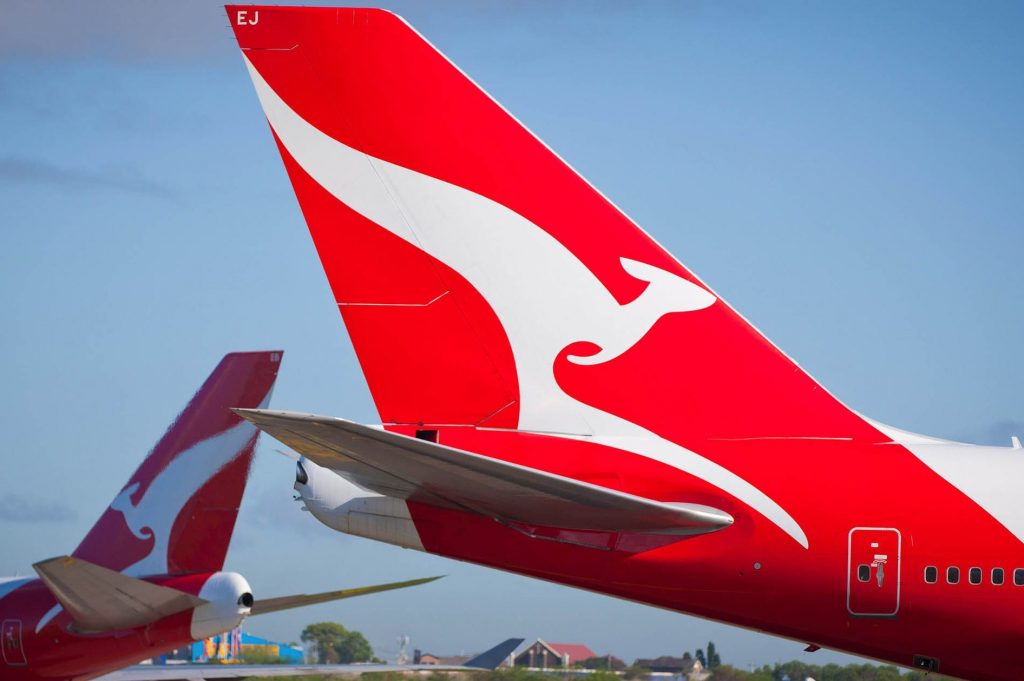Skift Take
Broad changes to the frequent flyer program employed by Qantas should largely be welcomed by the airline's road warriors, a rarity in today's airline loyalty industry.
Qantas, the flag carrier of Australia and a member of the Oneworld alliance, unveiled broad changes to its loyalty program on Thursday. The bulk of the changes center on adjustments to award ticket prices and the fees associated with those bookings. In a departure from the current industry trend, the carrier also chose not to adopt a dynamic model for its award ticket pricing.
Under the new guidelines, members of the Qantas Frequent Flyer program will soon pay 15 percent more for premium award seats and 10 percent less for those in economy. Bracketing the discussion, Qantas CEO Alan Joyce shared in a statement that “while the points required for business class seats on international and domestic flights will increase slightly, it is the first increase in 15 years, and the product has improved a lot in that time.”
Members will have much more inventory to choose from. Through the next 12 months, Qantas plans to release an additional one million award seats to consumers. In premium cabins alone, this translates to a 30 percent increase in available inventory.
In addition to the award price changes, Qantas is also slashing the carrier fees that it charges alongside award tickets — some by as much as 50 percent.
That move in particular should resonate well with the airline’s frequent flyers. In the past years, many business travelers have excoriated carriers like British Airways for charging egregious fees on top of international award seat bookings — fees that often cancel out the core value of the “free” seat. By taking the opposite tack, Qantas seems to be taking the opportunity to extend an olive branch to its most price-conscious frequent flyers.
Another factor that makes the overhaul from Qantas unique is its decision to not use dynamic pricing for the way in which it prices award seats. In the last two years, both Delta and United have moved towards models that price award seats based on demand — effectively letting prices change with the market and taking away any potential opportunities for travelers to find a hidden deal. British Airways, too, has hinted at these changes, and many premium carriers around the world are expected to follow suit. Lufthansa announced its plans only last month. Qantas, however, has resisted.
Among the major cuts to award fees, the increased award inventory, and the cuts to pricing, most of the moves from Qantas should be welcomed by its frequent flyers. The airline will implement the raft of changes over the next 12 months.
The Daily Newsletter
Our daily coverage of the global travel industry. Written by editors and analysts from across Skift’s brands.
Have a confidential tip for Skift? Get in touch
Tags: frequent flyer miles, frequent flyer programs, qantas
Photo credit: A Qantas aircraft tailfin. Bloomberg
